


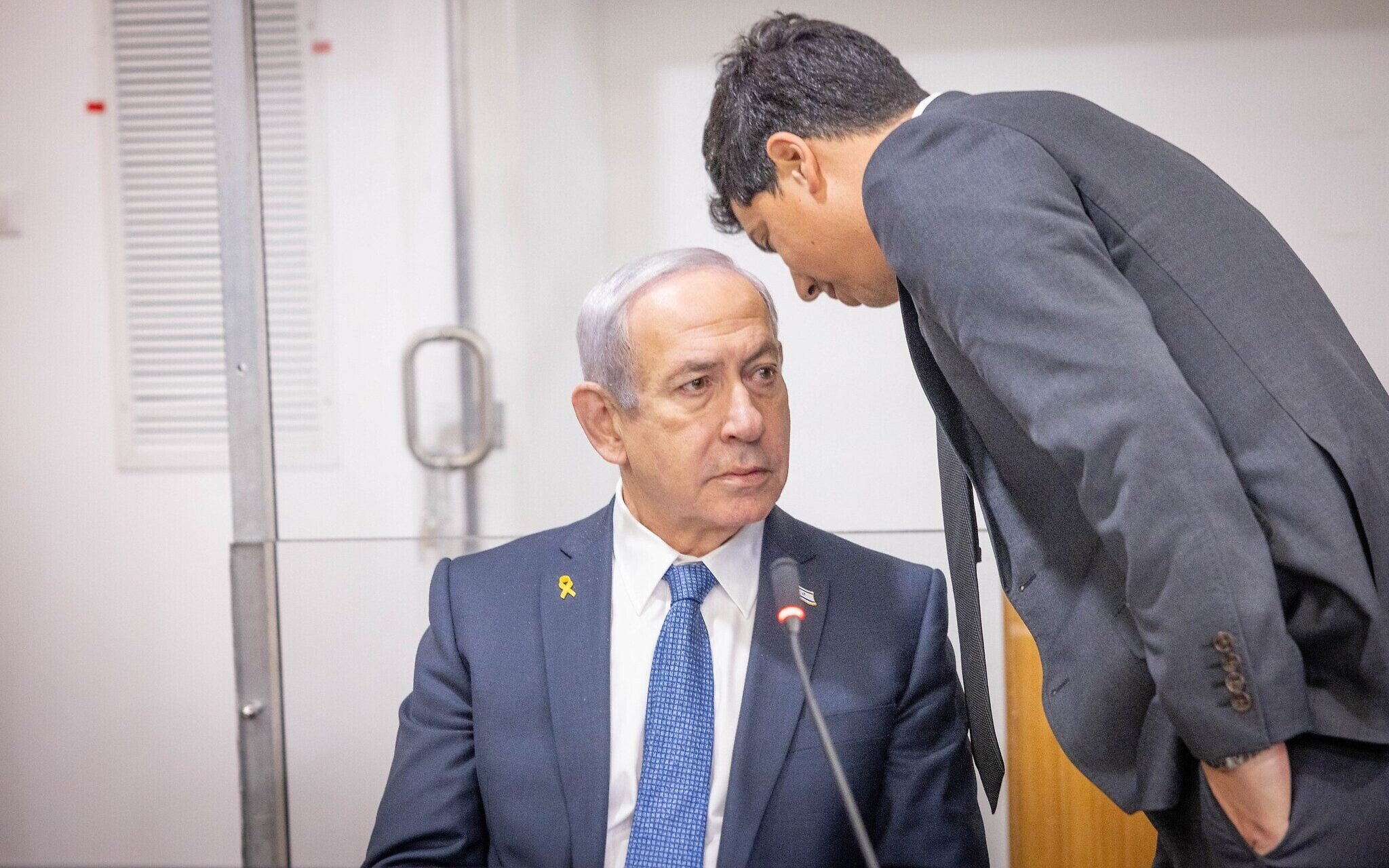
A senior police official in the Lahav 433 serious crimes unit told the Rishon Lezion Magistrate’s Court on Tuesday that police are concerned about possible obstruction of justice in the so-called Qatargate investigation because attorney Amit Hadad, who is representing Jonatan Urich, one of the central suspects in the scandal, is also Prime Minister Benjamin Netanyahu’s lawyer.
Netanyahu gave testimony as a person with knowledge of the affair on Monday, although it has yet to be decided if he will be questioned by the police under caution as a suspect.
“There is a problem here in that attorney Amit Hadad represents the prime minister, and is also the attorney of one of the suspects here,” Superintendent Gili Rachlin told the court.
“Attorney Hadad was with the prime minister yesterday after we finished the questioning. He knows what he [Netanyahu] said in his testimony. What he was asked. There is, therefore, a significant concern for obstruction of justice,” he continued.
Rachlin made his comments following demands by Hadad for the investigators to demonstrate why they were investigating Urich on suspicion of bribery, among other alleged violations of the law. A more junior investigator had been reticent to divulge such evidence in court because Hadad represents both men.
Hadad vehemently objected to Rachlin’s concerns and threatened to file a complaint against him, asserting that the claims were baseless.
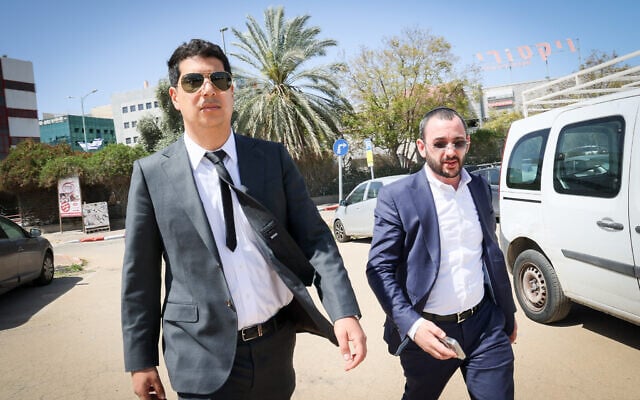
Hadad also alleged in court Tuesday that Urich was threatened by police investigators during questioning on Monday, saying that police pressured his client into testifying against other suspects in the case, allegedly telling him to “think long and hard if he wants to see his baby” that night.
Hadad claimed that investigators said to Urich, “you know how to deduce one thing from another,” in effect telling him to become a state witness.
The investigator in the courtroom denied the accusations and said that “not a word was uttered about [Urich] being a state witness,” and further claimed that it was Urich himself who first mentioned seeing his child that night, rather than police interrogators.
After their arrest on Monday, the Rishon Lezion Magistrate’s Court extended the remand of the two suspects — Urich, who has been a senior aide to the prime minister for many years, and Eli Feldstein, a former spokesman for Netanyahu — until Thursday.
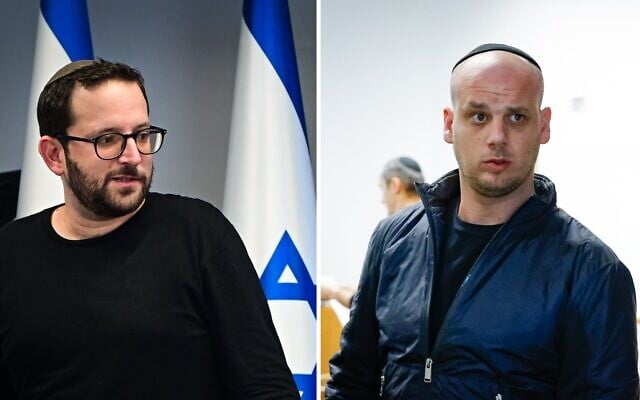
Police suspect the two of having contact with a foreign agent, money laundering, bribery, fraud and breach of trust.
Judge Menachem Mizrahi said there was “reasonable suspicion” that Urich and Feldstein did public relations work on Qatar’s behalf, and “a reasonable basis to fear that releasing the suspects, at this stage in the investigation, could obstruct the investigation.”
Law enforcement officials had asked that the court remand the pair in custody for nine more days after they were detained for questioning on Monday.
The court lifted a sweeping gag order on the investigation after Hadad requested its cancellation to expose what he called the “absurd allegations” against Urich.
Following the lifting of the gag order, the judge summed up the allegations against the two suspects, saying that in the period under investigation, an American lobbying company called The Third Circle — owned by American pro-Qatar lobbyist Jay Footlik — contacted Feldstein in order to put a positive spin on Doha’s role as a facilitator in the negotiations for the release of Israeli hostages held by Hamas in Gaza.
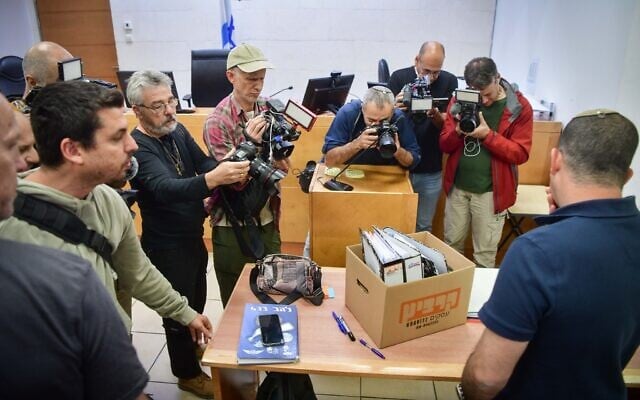
The judge said that Qatar also wanted Feldstein to spread negative messaging about Egypt’s role in the negotiations.
To this end, Urich mediated between The Third Circle and Feldstein, who was compensated financially by Footlik through Gulf-based Israeli businessman Gil Birger, according to the judge’s summation.
Tuesday’s hearing further revealed that police believe Urich — while spreading pro-Qatar messaging — framed the information as having originated from senior Israeli officials in the Prime Minister’s Office.
“Urich relayed messages to the media on behalf of the Prime Minister’s Office. The messages were conveyed [to Urich] by an entity that maintains ties to and is funded by the state of Qatar, and they were presented as messages originating from a political or security source,” a police investigator said in court.
Police also said they had questioned both Urich and Netanyahu on Monday as to whether the former had leaked confidential information from the cabinet.
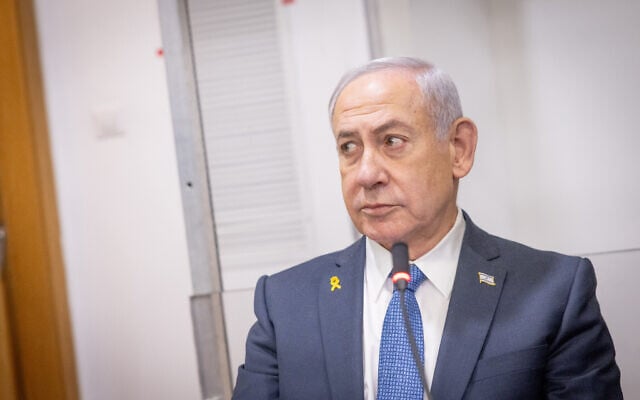
The joint police and Shin Bet probe was launched following revelations that Netanyahu’s former spokesman, Feldstein — who has been charged with harming national security in a separate case involving the theft and leaking of classified IDF documents — worked for an international firm contracted by Qatar to feed Israeli journalists pro-Qatar stories all while employed in the Prime Minister’s Office. For his part, Urich is suspected of having a role in a convoluted chain of business figures and other officials involved in transferring payments from Doha to cover up their origin.
The investigation focuses specifically on alleged Qatari payments to Netanyahu’s close circle between May 2022 and October 2024. It has been conducted largely under Shin Bet chief Ronen Bar, who is currently in the process of being fired by Netanyahu.
Opposition figures have accused Netanyahu of seeking to stymie the Qatar probe, while Bar himself alleged that the government is ousting him to thwart Shin Bet’s investigations.
Last November, it was reported that Urich and another Netanyahu aide Yisrael Einhorn did public relations work for Qatar ahead of the 2022 World Cup as part of the latter’s PR firm Perception, corresponding to the start date of the probe’s time frame.
Police have been seeking to question Einhorn, who now resides in Serbia as an adviser to the country’s President Aleksandar Vučić, as part of the investigation but have struggled due to his living abroad.
